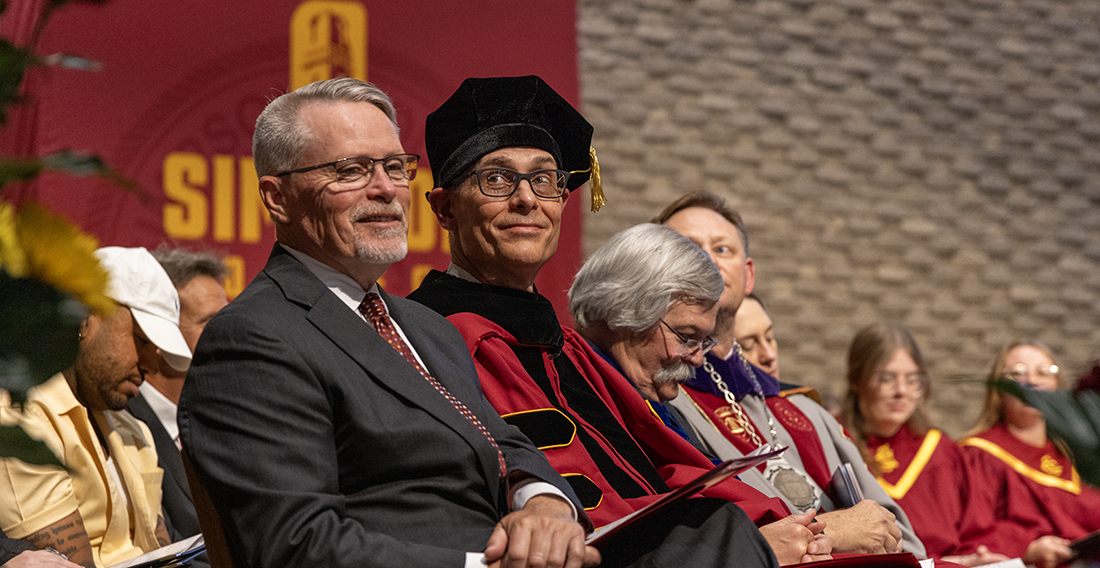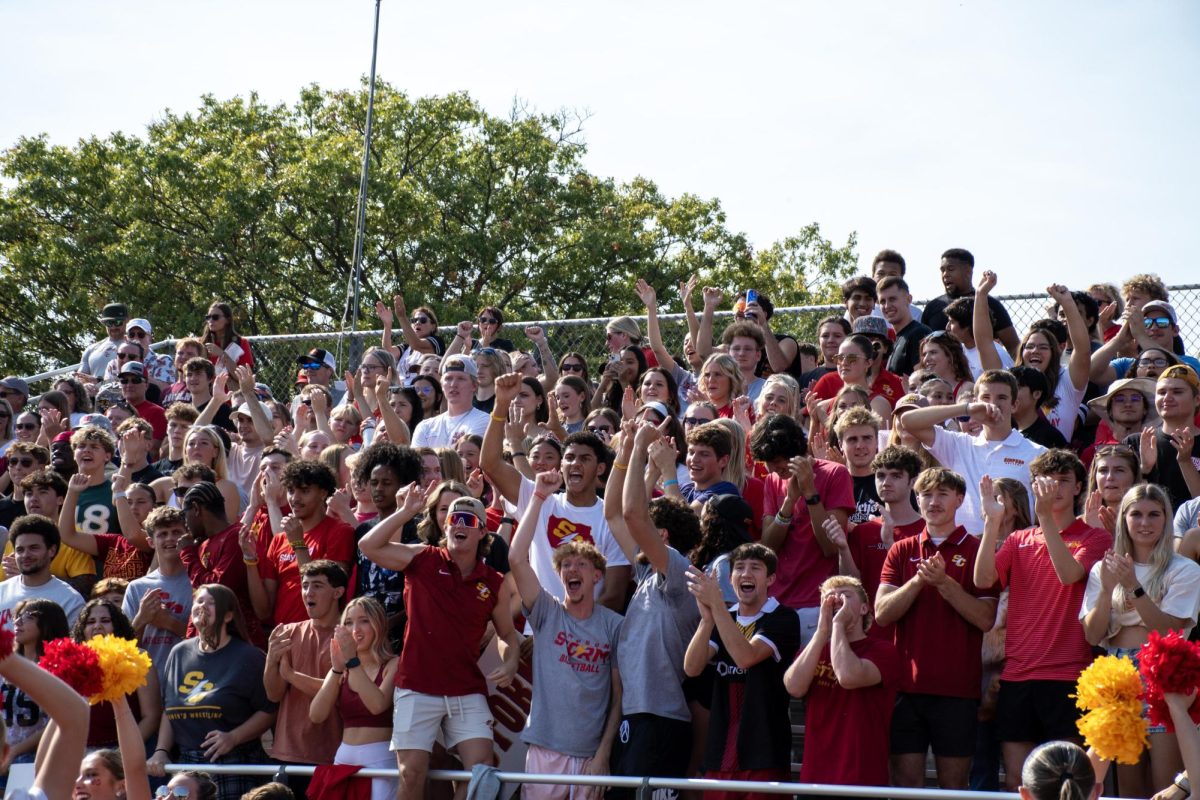Our View
September 12, 2012
This year, Simpson’s Interfraternity Council (IFC) chose to redesign the recruitment process for the college’s fraternities with an aim to make recruitment more informal.
Rather than the traditional three-day approach used in the past, Simpson’s four men’s fraternities were largely responsible for hosting their own events to meet and recruit potential new members. A main goal was to allow fraternities more control over scheduling their recruitment events, and with a large freshman class, fraternities had high hopes for a successful recruitment.
With the walk, the annual night where many new recruits decide which fraternity to join, held on Tuesday, those high hopes were met.
Around 52 men chose to become members of Simpson’s fraternities, a number that Assistant Dean of Students Rich Ramos, says is one of the best he’s seen in five years.
“In reality, I think the numbers are higher,” Ramos said.
It certainly is a positive sign that the fraternities had a successful recruitment with a bigger pool of new members than in past years. But the question remains, what role did the redesigned recruitment play in the process?
Ramos says that he believes the new process gave each fraternity the time to focus on recruiting men who best fit its chapter, as opposed to shepherding large groups through on formal recruitment nights.
“I think that the chapters were all able to focus on the men that they felt were best suited for their chapter,” Ramos said. “They were able to focus on their core group, which I think, clearly, worked its way out here.”
For Ramos, this was one positive of the new and informal process.
However, in an interview with the Simpsonian, Ramos acknowledged that there is no exact way to measure whether the new recruitment process led to the higher numbers, especially when the pool of new freshman was already larger than normal.
It may be a few years, Ramos said, before IFC can tell exactly whether or not the new and informal process is the best for recruitment.
At this point, it is necessary that IFC engage in a thorough dialogue with chapters to discuss what worked and what didn’t under the new model. While this year’s recruitment numbers certainly are positive, it shouldn’t be simply assumed the successes are due to the new process.
Leaders in Simpson’s Greek system should continue to question, challenge and mold the process to ensure that Simpson’s fraternities and sororities grow.





